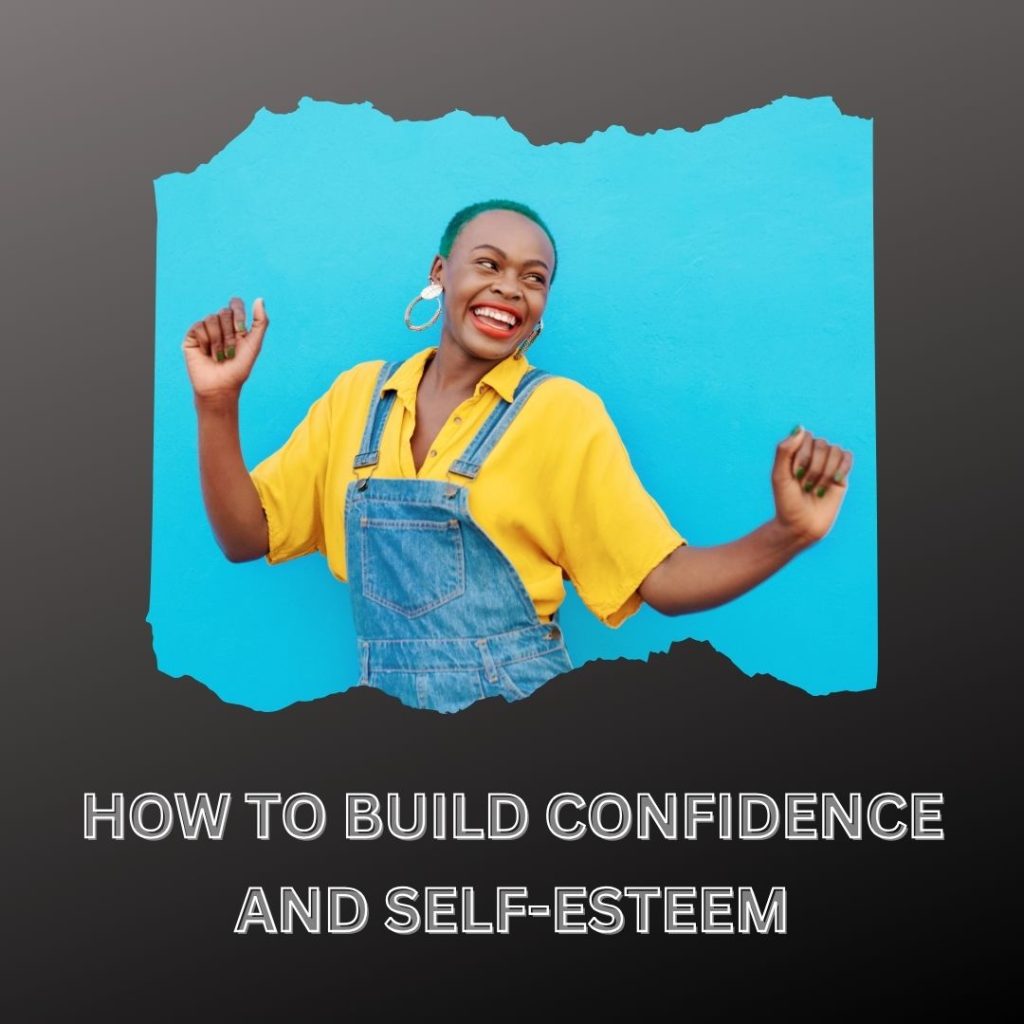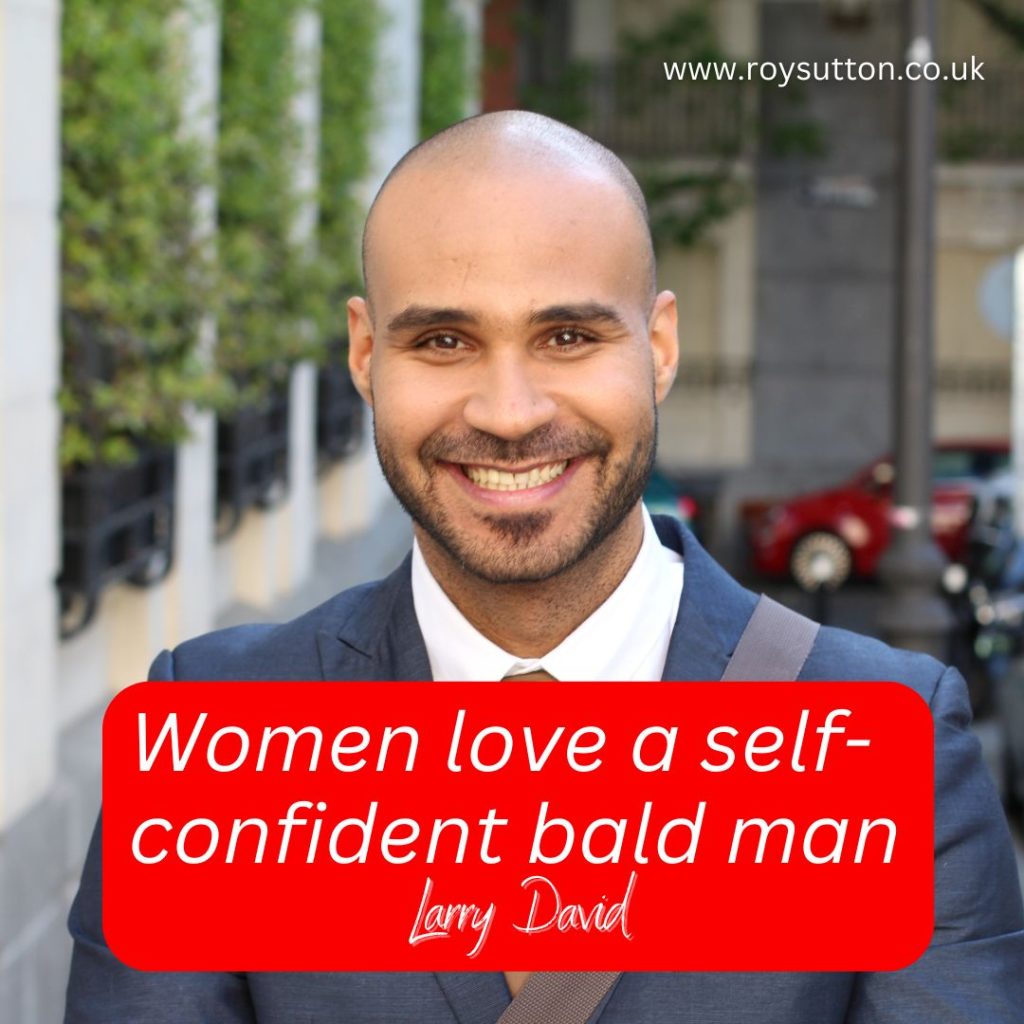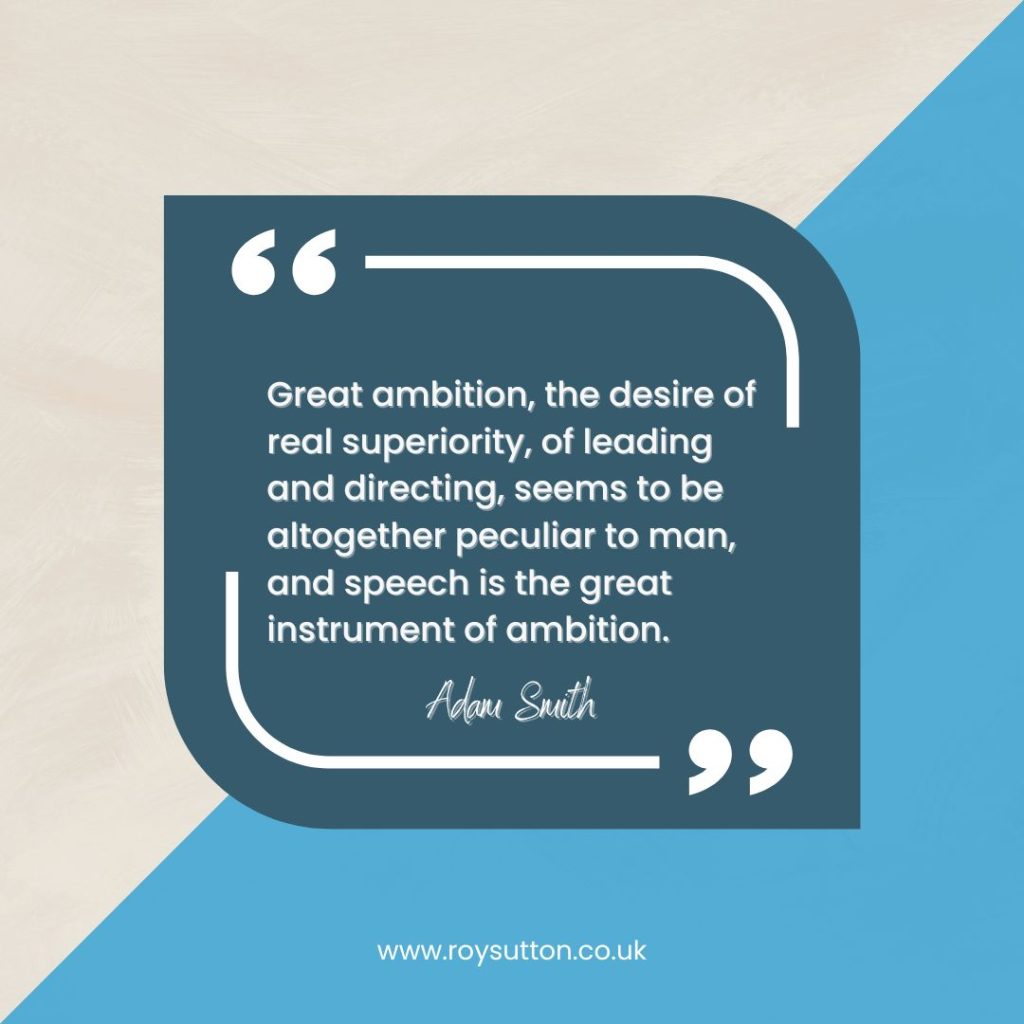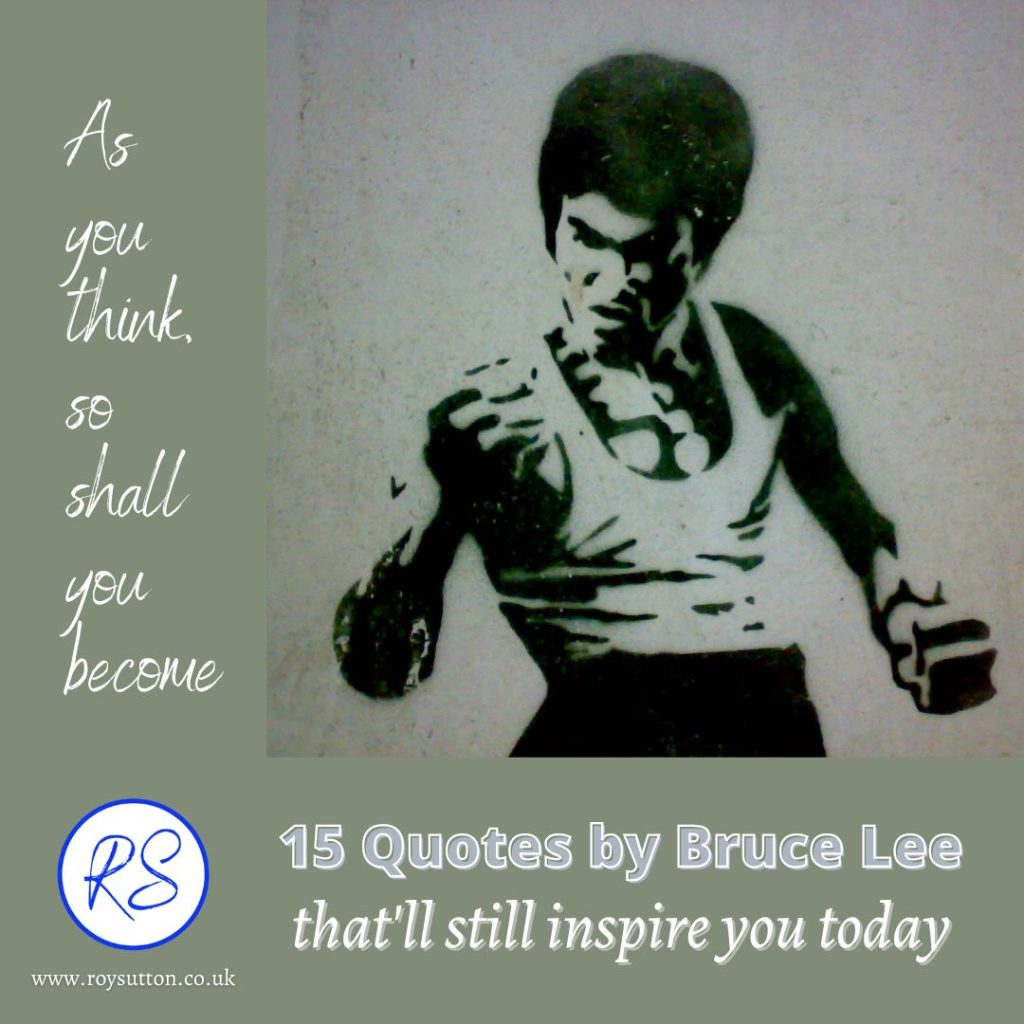
Today I want to explain why an investment in gaining knowledge is important and should be considered seriously.
Investment in knowledge
An investment in knowledge pays the best interest. ~Benjamin Franklin
You don’t get paid for the hour; you get paid for the value you put into the hour. Everyone must understand that important distinction, dear reader.
You get paid for the value you add.
The more value you can add, the more you’ll get paid over time.
It’s really that simple.
If you can solve problems for people with the skills you’ve got, then you can earn an excellent living.
The question is, what underpins your skills and your ability to add value? The answer to that question would be knowledge, of course.
Knowledge comes from learning, and learning is a lifelong process.
Learning is an investment
The quote at the top of this post from the venerable Benjamin Franklin reminds us of the importance of learning. Learning is an investment in ourselves.
We all have an enormous capacity to consume and retain knowledge in our heads, and that knowledge is then a currency with which we can trade. The more knowledge we have, the more value we can add.
When it comes to investing, nothing will pay you a better dividend than making sure you have a good education. And I stress that it’s a lifelong process. It doesn’t end when you leave school or college.
And it’s not about whether or not you went to college or university. Important as they may be, learning can be achieved in many ways.
Self-education is the best education
Knowledge can be gained through reading books, listening to audio and video tutorials, and challenging yourself to master anything that appeals to you.
Learning from hands-on experience, making mistakes, and learning the lessons you can take from any mistakes you’ve made.
In particular, if you want to master the game of money and all matters financial, then you need to become a seeker of financial knowledge and know-how.
You need to become a reader and a keen student of finance. To be successful in investing, of course, you need to know what you’re doing. You need financial education.
The price of ignorance
If you think that education is expensive, then think again. The price of ignorance is far greater.
Ignorance can prove to be very costly indeed. And that’s true in every aspect of your life.
Getting an education may seem expensive, but it’s nowhere near as expensive as ignorance.
So, if you’re not already, become a reader.
The investment in yourself is well worth the effort, and it’ll pay you a handsome dividend.
As the late, great Jim Rohn once said:
“Work harder on yourself than you do on your job.”
Please share this post with your friends:
Did you find this article interesting and useful, dear reader?
If you did, then please share it on social media with your friends. When you share, everyone wins.
So go on, please share it now. If you can do that for me, I’ll be ever so grateful and you’ll be helping a keen blogger reach a wider audience.
Thank you for your support.

Other articles you might also find interesting:
- The 4 steps to financial freedom
- 7 tips for becoming your best self
- 11 tips for improving quality of life now
- What is life’s most precious resource?
- Daily Habits of Successful People
- How to find the right job for you: Simply Explained
- How to spot a liar and be your own lie detector
- Self-promotion and why it matters if you want success
- 21 things you need to know in life to avoid its pitfalls
- 9 tips for getting the most from your work
- How to sell anything to anybody
- Wealth Creation Strategies
- Brian Tracy: Habits of Success
- Why you should make a difference in life
- Why enjoying yourself can never be a waste of time
- Why passion is the key to success
© Mann Island Media Limited 2024. All rights reserved.
investment in knowledge, investment in knowledge, investment in knowledge, investment in knowledge






































